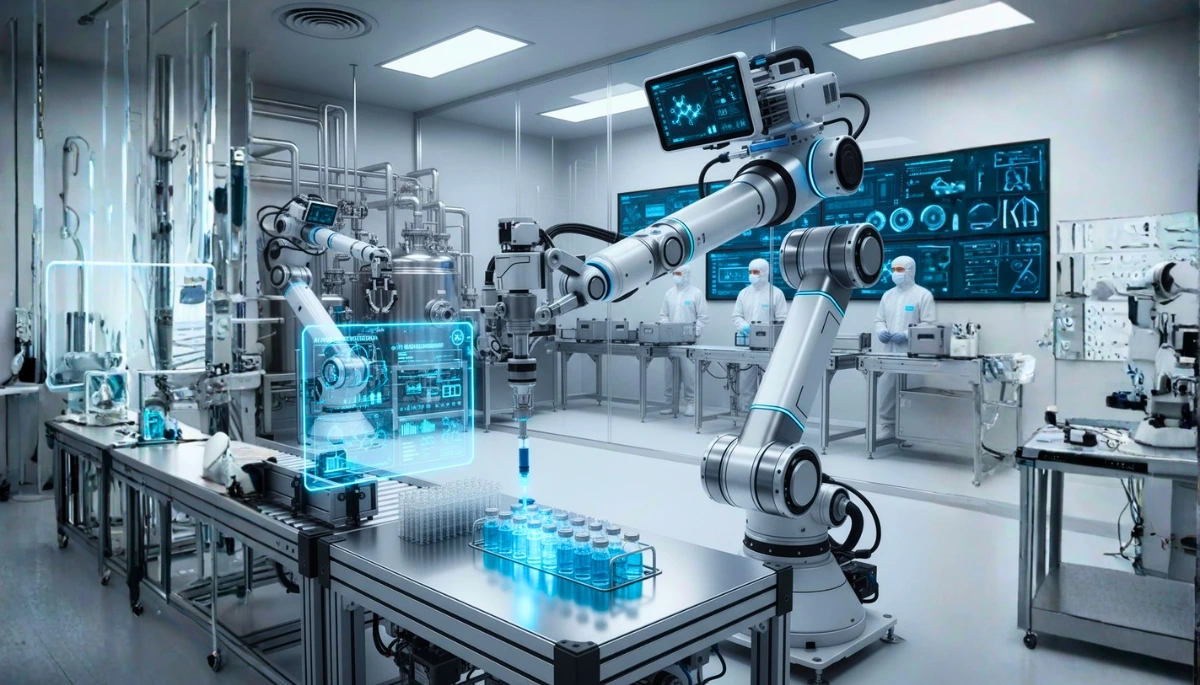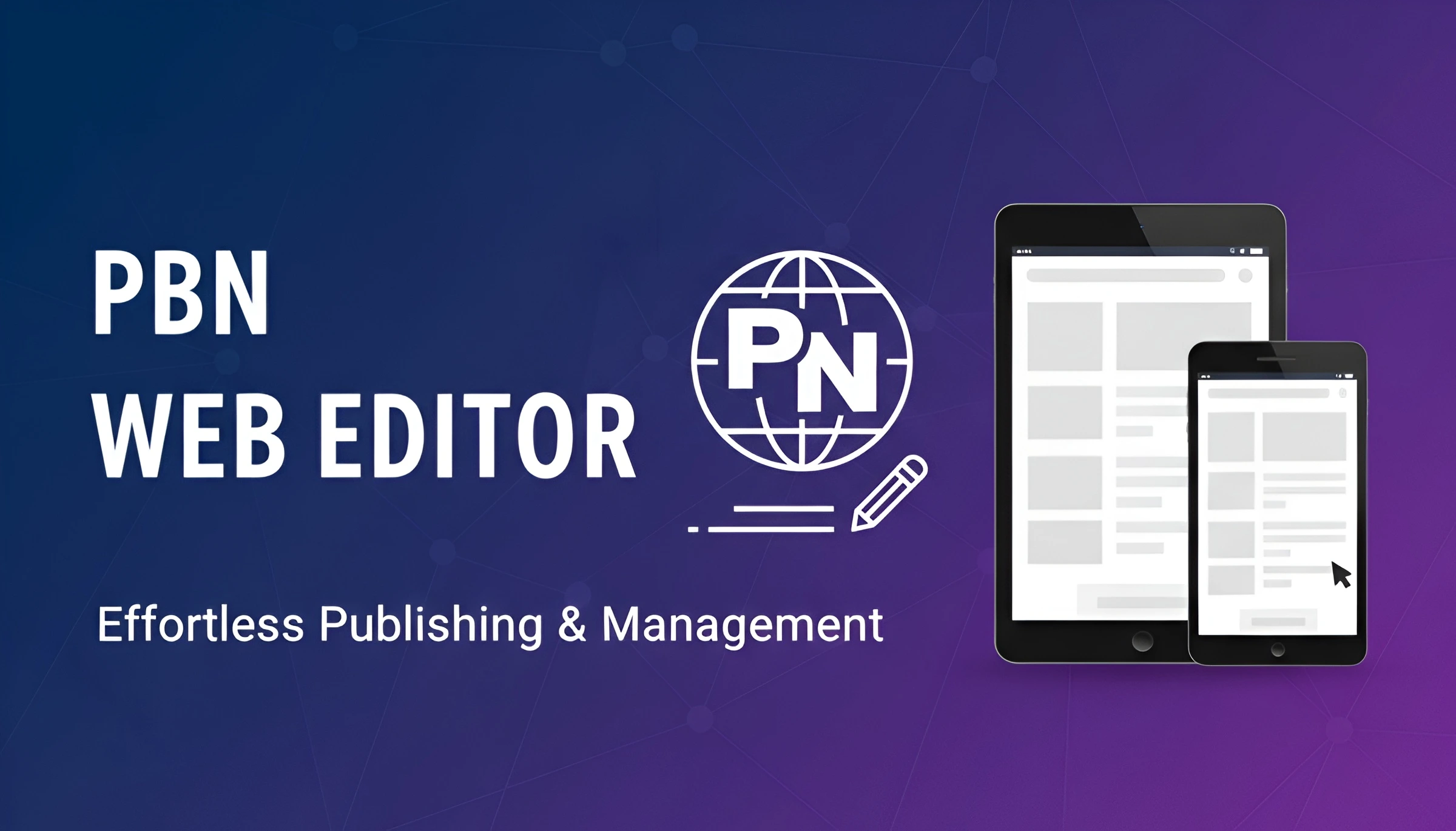Artificial intelligence (AI Revolution in Business) has quickly shifted from a forward-looking concept to a practical resource that is reshaping industries around the world. While much of the spotlight remains on consumer tools like chatbots and virtual assistants, the real impact of AI reaches far deeper. It is transforming essential workflows in ways that strengthen efficiency, lower operational costs, and improve decision-making. As more organizations adopt AI-focused strategies, the pace of innovation continues to accelerate.
Emerging AI Trends Transforming Business Operations
Beyond familiar uses such as automation and data processing, companies are experimenting with new approaches that better connect AI technologies to long-term goals. One of the most notable developments is the rise of AI-driven decision support systems. These platforms analyze huge datasets to deliver immediate insights, helping leaders anticipate outcomes and make better choices.
In healthcare, predictive tools are helping clinicians detect early signs of patient decline. By examining information like vital signs and test results, these systems support faster interventions and reduce the likelihood of hospital readmissions.
Financial institutions are also seeing benefits. Machine learning models now help firms spot potential risks and identify investment opportunities with greater accuracy. By reviewing global patterns and customer activity, financial teams can rely on data-backed guidance when making key decisions.
Another expanding area is AI-assisted content creation. More marketing teams are using intelligent writing tools to simplify the development of blogs, social posts, and reports. This shift helps creative departments spend more time on strategy while automating repetitive writing tasks.
AI-powered productivity tools are gaining traction as well. These platforms study how employees work and provide suggestions that help improve focus and efficiency. By highlighting tasks that can be automated or streamlined, teams can dedicate more time to their most meaningful responsibilities.
Key Challenges and Factors to Consider
Despite its promise, adopting AI successfully requires a thoughtful approach. One of the most significant challenges is maintaining high-quality data. Since AI systems depend on the accuracy of the information they learn from, proper data management is essential.
Ethical concerns play an important role too. As AI systems gain more autonomy, companies must address questions about privacy, security, and potential bias. Building transparent processes helps organizations strengthen trust and fairness.
There is also the issue of depending too heavily on automated judgment. While AI enhances decision-making, human oversight remains vital, especially in fields like healthcare and finance where nuanced evaluation is necessary.
Creating an environment that supports collaboration between employees and AI tools is another critical step. Teams need the right generative AI training to incorporate these tools into their daily work. When employees view AI as a partner rather than a replacement, adoption becomes smoother and more effective.
By taking advantage of these trends and addressing the challenges, businesses can fully leverage AI to boost innovation and improve overall performance.
Read More About: AI Updates






